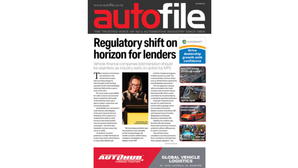
Regulators give their advice to loan providers in the automotive space as oversight of the non-banking sector is set to transfer from the Commerce Commission to the Financial Markets Authority. We
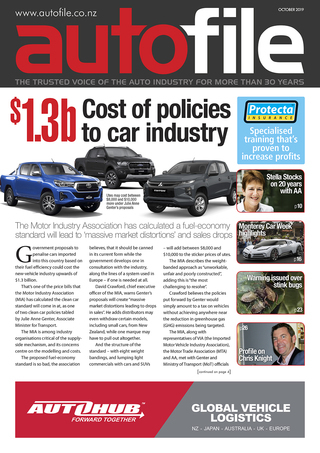
The MIA has calculated a fuel-economy standard could cost the new-vehicle sector up to $1.3 billion, will create massive market distortions and lead to drops in sales. David Crawford says distributors may withdraw certain models – including small cars – from New Zealand, while the government’s policies would amount to a new vehicle tax.
In our in-depth coverage of the issue as the industry holds talks with the government, VIA’s David Vinsen says a likely effect of placing levies on cars when they cross the border is that the quality of used imports will fall as the market adjusts to meet price demands.
The AA’s Mark Stockdale sums up issues with relying on how manufacturers report fuel efficiency in one word – “cheating”. He adds: “It’s cheaper to cheat tests than meet standards.” The MTA has submitted alternative options. Greig Epps says one is a significantly simpler clean car standard. In effect, its less-hurried introduction would be a “hybrid” of the government’s two schemes.
In other news, Autofile editor Darren Risby chats to Stella Stocks, who says shifting New Zealand’s focus onto vehicle safety is one of the AA’s major achievements during her 20 years working there. She also talks about how it came about that she became the UK’s first fully qualified female automotive engineer.
It’s no surprise Chris Knight has forged a successful career in the industry. He followed in the footsteps of his father – a used-car trader – and spent years on his yard as a teenager. As for joining MotorWeb in 2000, he didn’t know much about the internet, but a lot about vehicles and dealers. “I talked to the founder who was like a mad scientist with a great idea and well-ahead of the times.”
The industry needs to be on high alert with dealers losing hundreds of thousands of dollars in a scam. The MTA is aware of at least half a dozen members being hit. The con was first exposed by Autofile Online on September 13.
Many electric-car buyers are attracted by low running costs, while others are put off by high sticker prices, says Flip The Fleet’s Henrik Moller. If we consider the financial return on investment and think long term, who has made smarter choices – early adopters or naysayers?
Biosecurity NZ has sent out a stark message that all cargo must meet stricter regulations intended to keep stink bugs out. Plus: Invercargill-born racing driver Brendon Leitch, highlights from Monterey Car Week, old tyres back on the agenda, disputes, industry statistics and much more.


Regulators give their advice to loan providers in the automotive space as oversight of the non-banking sector is set to transfer from the Commerce Commission to the Financial Markets Authority. We
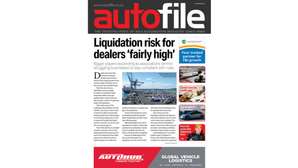
Autofile talks to experts about the downturn as dealer numbers drop, some sectors suffer more than others and the risk of liquidations is “fairly high”. It’s not all bad news, though
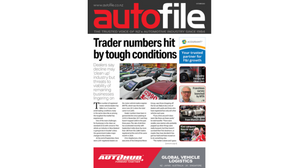
The number of registered traders has fallen to a 13-year low amid conditions many describe as among the toughest New Zealand’s vehicle market has experienced. We talk to three experts about what
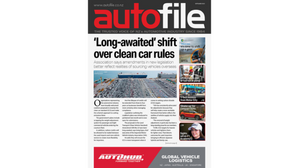
The industry has broadly welcomed a major revamp of the clean car standard. The government plans to scrap the weight-adjustment system for imported passenger and light commercial vehicles. It will als
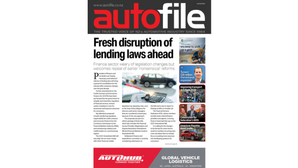
Finance providers and car dealers are hoping “necessary” reforms of lending laws will bring a period of consolidation for the sector after numerous changes over the past decade. We look in
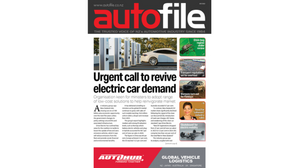
Drive Electric says New Zealand risks missing out on a $100 billion-plus economic opportunity over the next five years unless the government changes its policies around EVs and accelerates plans to in
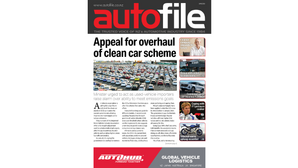
The government is being urged to overhaul the clean car standard because it’s preventing importers hitting goals set to reduce emissions, says the Imported Motor Vehicle Industry Association (VI
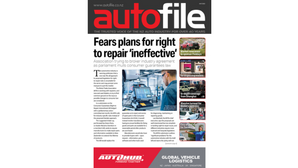
The Motor Trade Association warns a one-size-fits-all approach to right-to-repair laws is unsuitable for the car industry and may mean some marques exit the market. It’s working with dealers and
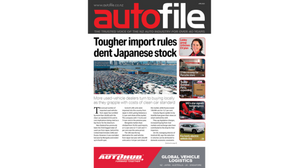
The annual number of used imports from Japan has tumbled by more than 30,000 with the clean car standard being blamed as a key factor for the downturn. Autofile talks to industry experts about the mar
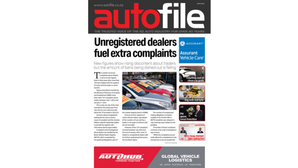
Car dealer complaints are set to hit their highest level in three years with more than 100 made to Duncan Connor, registrar of motor-vehicle traders, in seven months. Talking to Autofile, Con
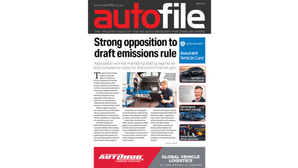
The Motor Industry Association is calling for the government to rethink a vehicle exhaust emissions rule amendment that would introduce in-service conformity testing for light-vehicle imports from som
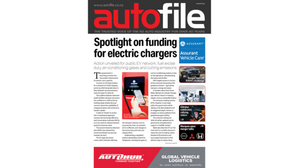
The government is looking into how public infrastructure for electric cars is paid for, saying it’s “timely” to review its co-investment approach. Plus: Autofile examines what else i